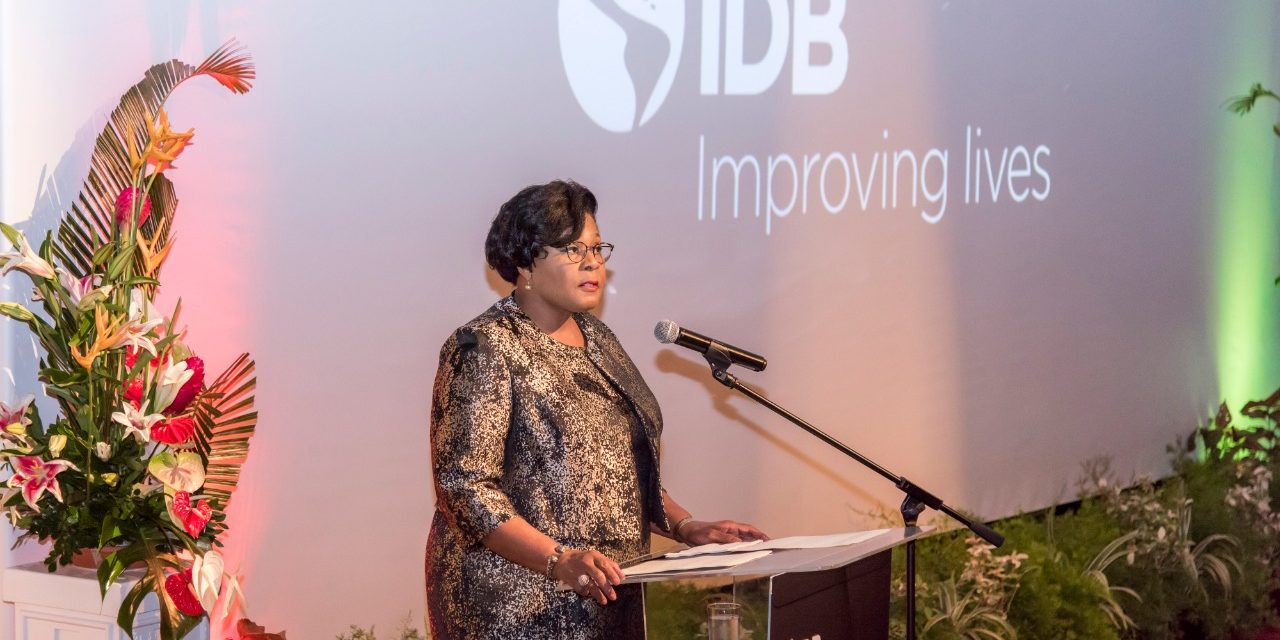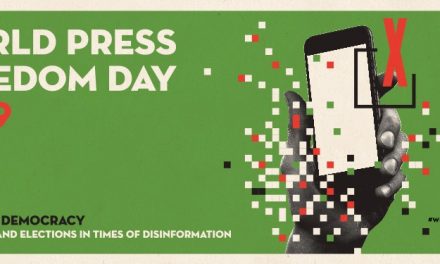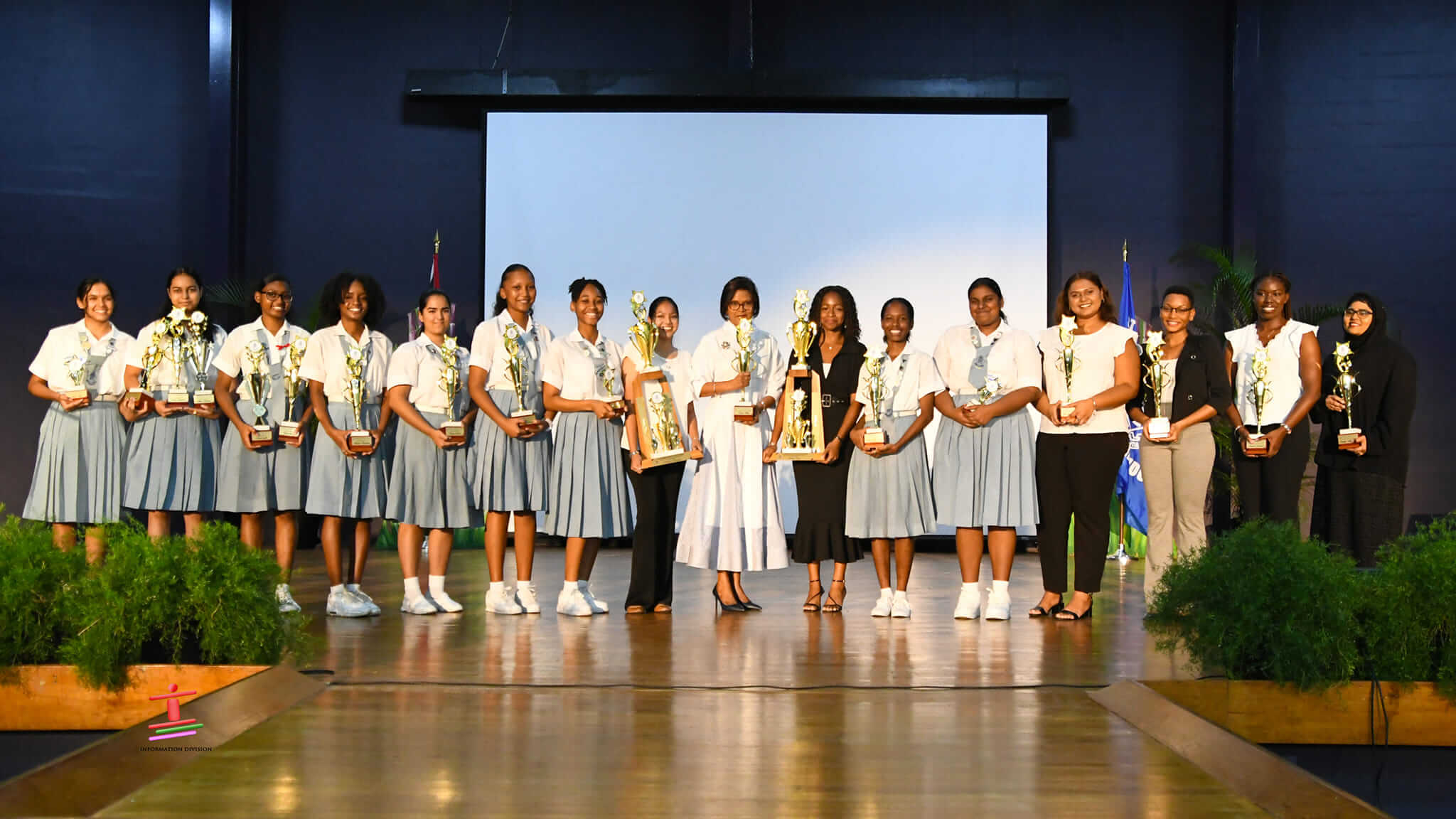Good evening.
Excellence in the public service is nothing new to me. For the vast majority of my working life I have been a public servant, first at the Office of the Director of Public Prosecutions for 11 years, then in the Judiciary for 20, and for the last 18 months, in the post of President, and like most public servants, I have worked alongside the good, the bad and occasionally, the ugly.
I also come from a home that was headed by a consummate public servant—my mother. Punctuality, regularity, diligence, intolerance for slackers, and strategies to improve departmental performance were all part of her work ethos and of those in her close professional circle and so I consider myself particularly well placed to identify and appreciate greatness in the public sector when I see it. And see it I certainly did, as together with an eminent panel of judges I scrutinised, evaluated and ranked the presentations of the eight finalists for the President’s Award for Service Excellence and Innovation in the Public Sector.
Browsing through a daily newspaper last week, I was arrested by a headline: “Embracing Excellence as a National Standard” and thought it a fitting description of the high calibre of performance so ably demonstrated by our finalists—their standard of excellence is the norm to which all public servants should aspire.
This competition had two categories with separate judging panels of which I was the only common member. All of us judges—most from the private sector—were struck by the zeal, commitment, agency and pride of the entrants, some of whom bubbled over with excitement about their projects.
A common thread running through the presentations in the service excellence category was the emphasis on community involvement and integration and the rebranding of the public service as a community-oriented entity. Denizens of the areas became familiar with the faces of their public officers and were made to feel as though the public service on offer was tailored to their specific needs and challenges. In the best-case scenarios, the public servant actually resided within the district. It was a new way of doing old and necessary business.
Not to be outshone, the entries in the innovation stream utilised technology creatively to change the way people interacted with public services—the introduction of new business. The saying, “What has been is what will be, and what has been done is what will be done, and there is nothing new under the sun”, is the old model for public service and must be firmly and decisively rejected.
I am sure I speak on behalf of the entire judging panel when I say how very impressed we were by the offerings. The participants went far beyond submitting mere ideas or rudimentary proposals. They had looked at their landscape, identified the shortfalls and shortcomings, formulated strategies and plans to come to grips with them and then, and this is of critical importance, with limited resources found ingenious ways to put their plans into action and derive the desired outcome. Fortunately for us, these public servants saw where the system was broken and fixed it. I am sure that it would have been easier for them to simply go with the flow, avoiding long hours, sleepless nights and possibly some grey hair, but instead, they rose handsomely to the challenge and were focussed and committed to making a real difference.
The enthusiasm, dedication and originality of our finalists ran on the rails of service excellence and I wish that technology permitted us to clone these individuals and place them strategically throughout the public sector. They represent those public servants who have the will and determination to reshape the image of the sector. I have little doubt that if the service were to be filled with likeminded individuals, the transformation that we all desire would be within reach.
So the question of the evening is how do we achieve this objective? Competitions such as these are a good first step. They can stir up dissatisfaction and impatience with business as usual—old methodologies that are not working; promote thinking outside the box in pursuit of greater efficiency and effectiveness; encourage the taking of ownership and action in transformative processes; and engender a pioneering spirit in which public servants are willing to try new approaches—unafraid to fail and where failure would be merely a catalyst to greater effort.
A second would be to sound a clear warning that today’s public servant must either adapt or die. Some employees and worse yet, managers, remain wedded to archaic paradigms which might have served in bygone days, but now only impede progress and development. Time and again, public servants have their enthusiasm dampened or their ideas put down and pushed aside by others who are simply lazy, myopic or who suffer from a regrettable lack of ambition. Opportunities for continuous education and retraining must be afforded to those who are still to see the light.
Another necessity is a structure with clear performance standards, diligently monitored and evaluated, and, critical to the exercise, a system which acknowledges good work and provides timely consequences for malfeasance.
A fourth imperative is that the public service must become an attractive, viable employment option for our young people allowing them to see tangible opportunities to put their skills to good use and become engineers of change and development. They must see the public service as a career, not a job of last resort. As one of the co-Chairs of a global United Nations education, skills and youth initiative called Generation Unlimited, I have a keen interest in ensuring that our young people become assets to the public sector.
Once upon a time, and not so long ago as I remember it well, the public service used to be the pinnacle of achievement—to be employed with the government was an honour and a privilege. Nowadays, people are telling their children, “study hard or else you’ll end up working for the government.” It is high time that we returned the public sector to that prestigious status which enabled it in the past to attract the brightest and the best. The superior quality of the entries before us today gives me hope that one day that vision will be achieved. Public servants need support to unfollow, break away from the pack and blaze a ground-breaking trail of excellence across their fields of endeavour. We ought to ensure that our public officers are suitably compensated, work in enabling environments and are adequately trained to overcome the sundry emerging challenges which beset our nation.
Additionally, for the public service to regain its appeal, it must be brought up to speed with the technological advances and inventive strategies which will revolutionise service delivery as technology and innovation are the driving forces of development in the present age. The public sector has to be positioned to deliver modern, reliable and customer-focused services to all citizens, including the most vulnerable in our society. More and more, consumers want and reasonably expect to be able to access government services from the comfort of their homes or other remote locations; there is a significant percentage of the population which has grown up entirely in the information age and is consequently more likely to make fuller use of public services if it could be done online. On this occasion last year, I made mention of Estonia and the transformation of its public sector into one of the most highly digitalised and competent models in the world. Having visited that country earlier this year, I am now even more in favour of our following in their footsteps. Every government service available to their population, for example the issuing of passports, paying of fines and taxes, renewals of official documents, can be accessed online. Individuals are assigned an identification number at birth registration and this is referenced in respect of each transaction. An Estonian can live a full and normal life without ever entering a government office. While Trinidad and Tobago has quite a ways to go, some of the submissions in this competition indicate that we may be moving, however slowly, in the right direction.
For those who participated in this contest, let this not be your crowning achievement, keep leading the charge and showing the way to all who would emulate you.
May I say how pleased I am to see the Chief Justice among the audience this evening and I am very disappointed at the lack of Ministers of Government. Their presence would have been a vote of support, confidence and pride in their respective ministries and departments and acted as an incentive for others in their charge to step-up their game and play their part in restoring the public service to its former glory. And so I reprimand them and advise that they make sure to be here next year.
Through this now annual competition, the Inter-American Development Bank, with the full support of the Office of the President, ensures that your contributions do not go unappreciated.
Unfortunately, I will not be present when the winners in the respective categories are revealed. Of course, I already know who they are and it is my great honour as Chief Public Servant to recognise, salute and thank all the finalists. I leave you with an apposite axiom from American cultural anthropologist Margaret Mead: “Never doubt that a small group of thoughtful, committed citizens can change the world; indeed, it’s the only thing that ever has.”







